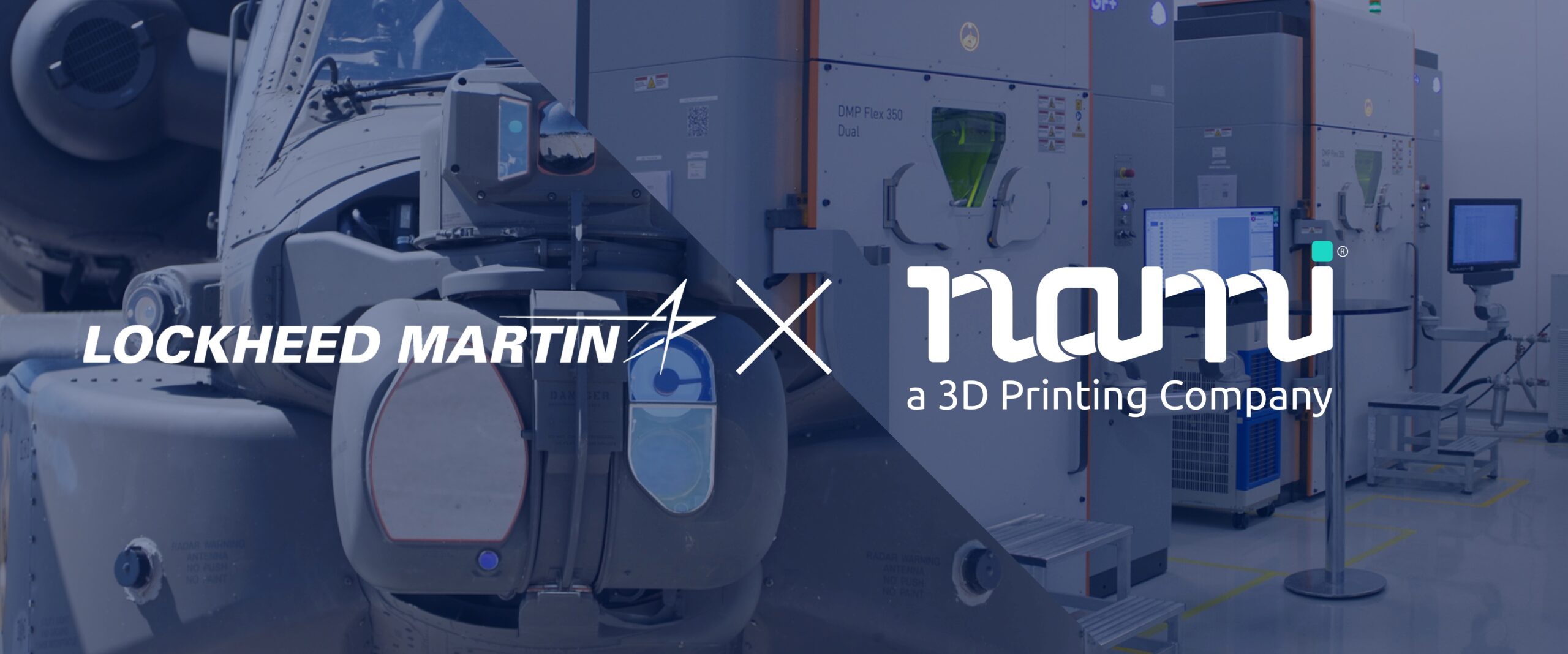National Additive Manufacturing and Innovation Company (NAMI), a joint venture between Dussur and 3D Systems (NYSE:DDD), and Lockheed Martin (NYSE: LMT), have agreed to collaborate on a project to qualify and additively manufacture critical military and aerospace components in the Kingdom of Saudi Arabia.
NAMI will begin production on additively manufactured aluminum qualification parts that will undergo qualification tests to ensure they meet industry standards. The parts produced by NAMI are expected to be used across the international aerospace and defense market, strengthening Lockheed Martin’s demanding supply chain base.
“NAMI is committed to supporting Saudi Arabia’s industrial transformation by enhancing supply chain resilience and meeting the growing demand for additive manufacturing technologies.” said Eng. Mohammed Swaidan, CEO of NAMI. ”As a joint venture between 3D Systems and Dussur, we leverage advanced technologies and world-class expertise in additive manufacturing to support Saudi Vision 2030 through localization and the transfer of industrial knowledge. We are proud of our exceptional partnership with Lockheed Martin and firmly believe that additive manufacturing will serve as a key pillar in shaping the future of industry in the Kingdom and enhancing its competitiveness both regionally and globally.”
The localization of work in the Kingdom aligns with the priorities outlined in Saudi Vision 2030 to develop and localize military industries in Saudi Arabia. The Kingdom will benefit from these strategies through qualitative international defense partnerships with Lockheed Martin and other major original equipment manufacturers that achieve shared benefits for all stakeholders.
“Lockheed Martin is committed to supporting the development of the defense industry in the Kingdom of Saudi Arabia and in the United States,” said Brig. Gen. Joseph Rank (U.S Army, Ret.), chief executive for Lockheed Martin in Saudi Arabia and Africa. “Our partnership with NAMI is a significant milestone in our localization efforts, and we’re proud to work together to advance the Kingdom’s additive manufacturing capabilities while supporting job creation and economic prosperity in both nations.”
